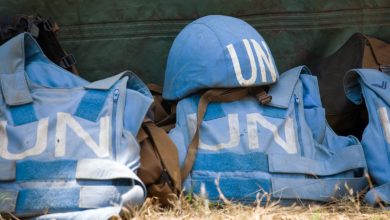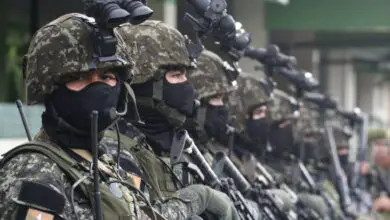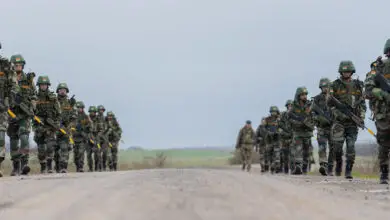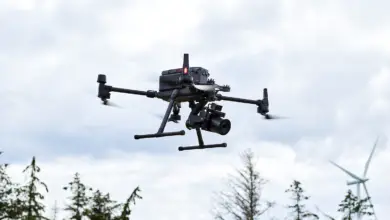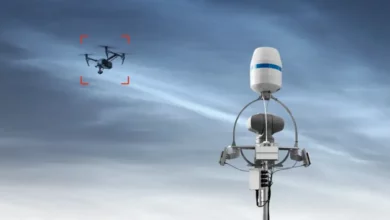India Constructing Nuclear-Hardened Facilities on China Border
The Indian military has begun the construction of nuclear-hardened tunnels and armament storage facilities near the country’s border with Pakistan and China.
Nuclear-hardened facilities ensure that military supplies — which take days to transport to forward posts due to the rugged slopes and terrain in the Himalayas — can be stored on the front line and protected against potential enemy attacks.
“Micro-tunneling is the flavor of the time, ensuring hardened defenses.” Indian army engineer-in-chief Harpal Singh said, as quoted by Sputnik News. “Nuclear hardened facilities are being developed in forward areas to enhance the capabilities of boots on the ground.
In addition to storage facilities, Singh revealed that the country’s combat engineers have expedited work to provide road connectivity to forward posts. He explained that building roads and tunnels is a “force multiplier” that also helps develop communities in remote border locations.
Bolstering Border Defense
Beijing claims that the situation at the China-India border has been peaceful in the past few weeks. However, the Indian military continues to deploy high-powered weapons and equipment amid heightened tensions to bolster its defenses in the event of a conflict.
Earlier this year, India ramped up its border defenses by deploying upgraded L-70 anti-aircraft guns, which feature enhanced target acquisition and automatic target tracking capabilities against enemy drones.
The Indian Army also plans to purchase a next-generation lightweight low-level radar to improve its threat detection. The new equipment will help detect and identify enemy aircraft in areas where surveillance is restricted.
To boost patrol along the Line of Actual Control (LAC) separating India from China, New Delhi has deployed an additional 50,000 troops, which brings the total number of Indian soldiers at the border to 200,000.
“The current situation on the border between China and India is generally stable, and the two sides are negotiating to resolve relevant border issues,” Chinese Foreign Ministry spokesman Wang Wenbin said in June. “In this context, the words, deeds, and military deployments of relevant military and political leaders should help ease the situation and increase mutual trust between the two sides, not the other way around.”



